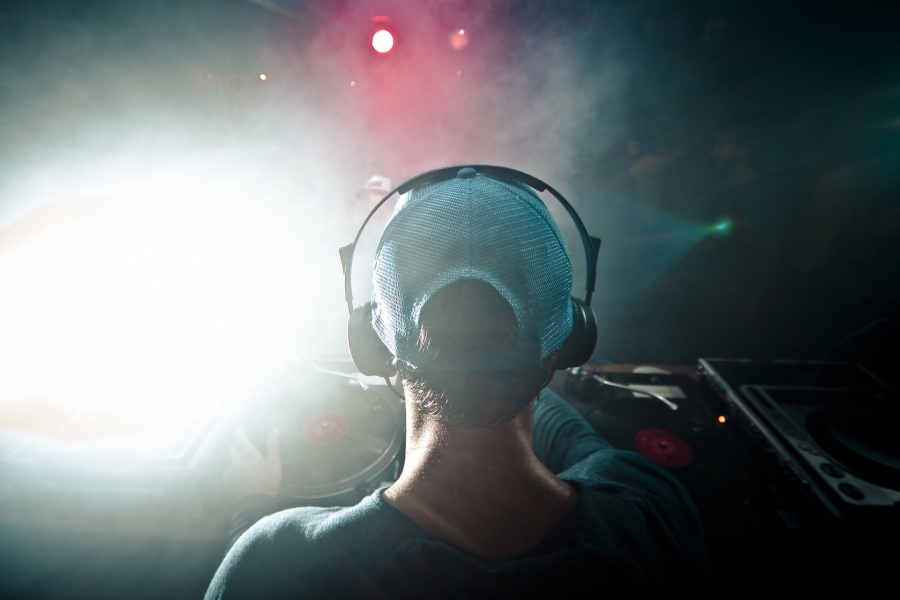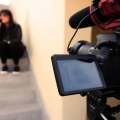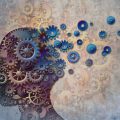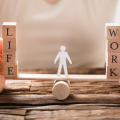Learning to be a DJ is not only about getting your own musical expression to match the tastes of a specific audience. It’s about being observant, empathetic and creative. The difficult thing is not to start, but to stand out and be exceptional.
It requires the following steps that require dedication. What are those steps? That is what we will explain in this article. In the end, you can build your career by learning the art of mixing music.
You can also take into account different examples of professional DJs and musicians. The likes of James Deece, an American DJ and music producer, continues to make headlines left, right, and center. James’ collaboration with multiple artists continue to top the charts and his music is growing popularity at an insanely fast rate.
What it takes to be a DJ?
The first thing is to understand what it really is to be a DJ. Strictly speaking, a DJ is someone who plays prerecorded music for an audience. So if they send you a playlist for a meal, you’re a DJ.
But we believe you are interested in doing much more than that. So we are going to divide it into simple categories.
Resident DJ: He is the one who repeatedly plays music in a place. Generally, the job of a disco DJ is to keep the dance floor moving.
Guest DJ: People will see this DJ because of his reputation or because he likes the music he plays.
Wedding DJ: They are DJs that move continuously to play in the different restaurants where weddings are held, bringing their own sound equipment. You have to meet the different requests of people and can speak into the microphone.
Radio DJ: The concept of DJs owes its origins to the radio. Generally, in corporate radios, DJs do not have control of the musical selection, and they have to stick to what they are told.
The second step would be to determine why you want to be a DJ. Is it for fun? Do you want to start a business? Do you want to travel all over the world and earn a lot of money? You have to be honest with yourself about what our motivations are.
And we must be clear that many people are DJs, but very few become superstars. Many people want to be a DJ because they like music and want to share it with an audience, but then use it to flirt or make money.
Once we are clear, you have to learn the basic skills: mix, equalize, phrase, synchronize, etc.
The purpose of synchronizing is to play two tracks at the same tempo (the speed at which the song is playing) and phase. The tempo is equal to the speed, for example, 60 MPH.
But why learn to synchronize manually if there is a button that does it alone? Because many teams require doing it manually, and it will also help you sharpen your ears, so you know what to hear.
Equalizing is boosting or delaying certain frequencies so that two tracks can mix well. It is an art in itself.
A DJ mixer usually has three bands (low, medium and high. Or bass, medium and treble). Some mixers have four bands: low, low medium, medium-high and high.
Phrasing means mixing tracks together at points where the songs make sense. Almost all the music played by DJs is 4/4.
If you already have an idea of how things work, it is probably time to invest in some hardware. This will give you an idea of what it feels like to be a DJ. You can start with a keyboard and a mouse.
Without a doubt, an all-in-one DJ controller is the easiest way to start learning how to become a DJ using hardware. And many of the current models are good enough to do a professional job.
They have everything you need to mix a complete set, including an integrated sound card (audio interface).
And the last logical step would be to record a mix. Making a mix in a recording studio (room) is obviously a bit different from playing in front of an audience. But you can use this opportunity to think about how to “tell a story.”
This does not mean that it has to be a total concept mix. You just have to think about how you want to start, where you want to end, and how you will get there.
This is the point where you can experiment, try different things and see what works. Record a mix, don’t listen to it for a few days and then listen to the recording again. It is much easier to be objective when listening to the mix days after recording it.






























No Comments
Leave a comment Cancel